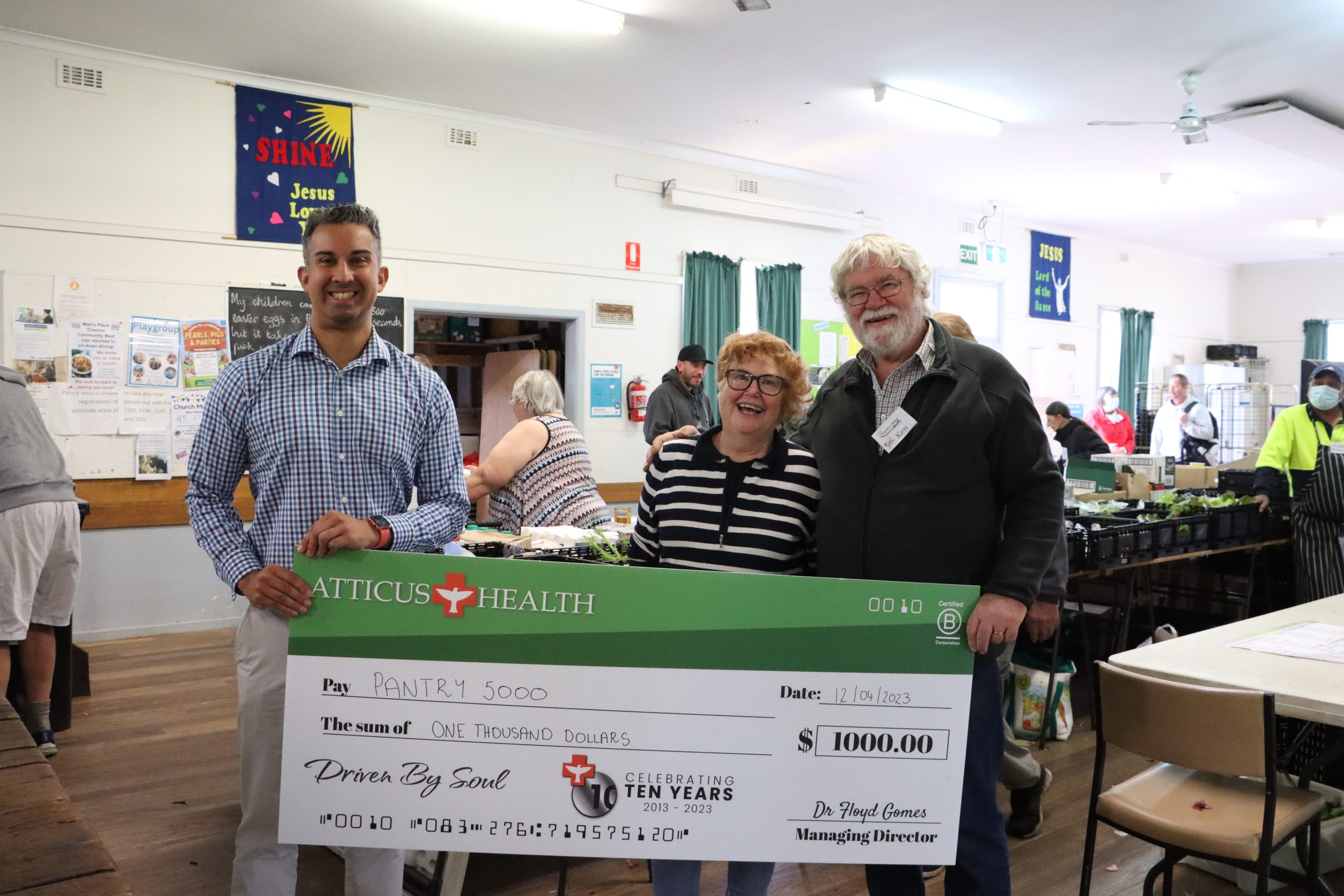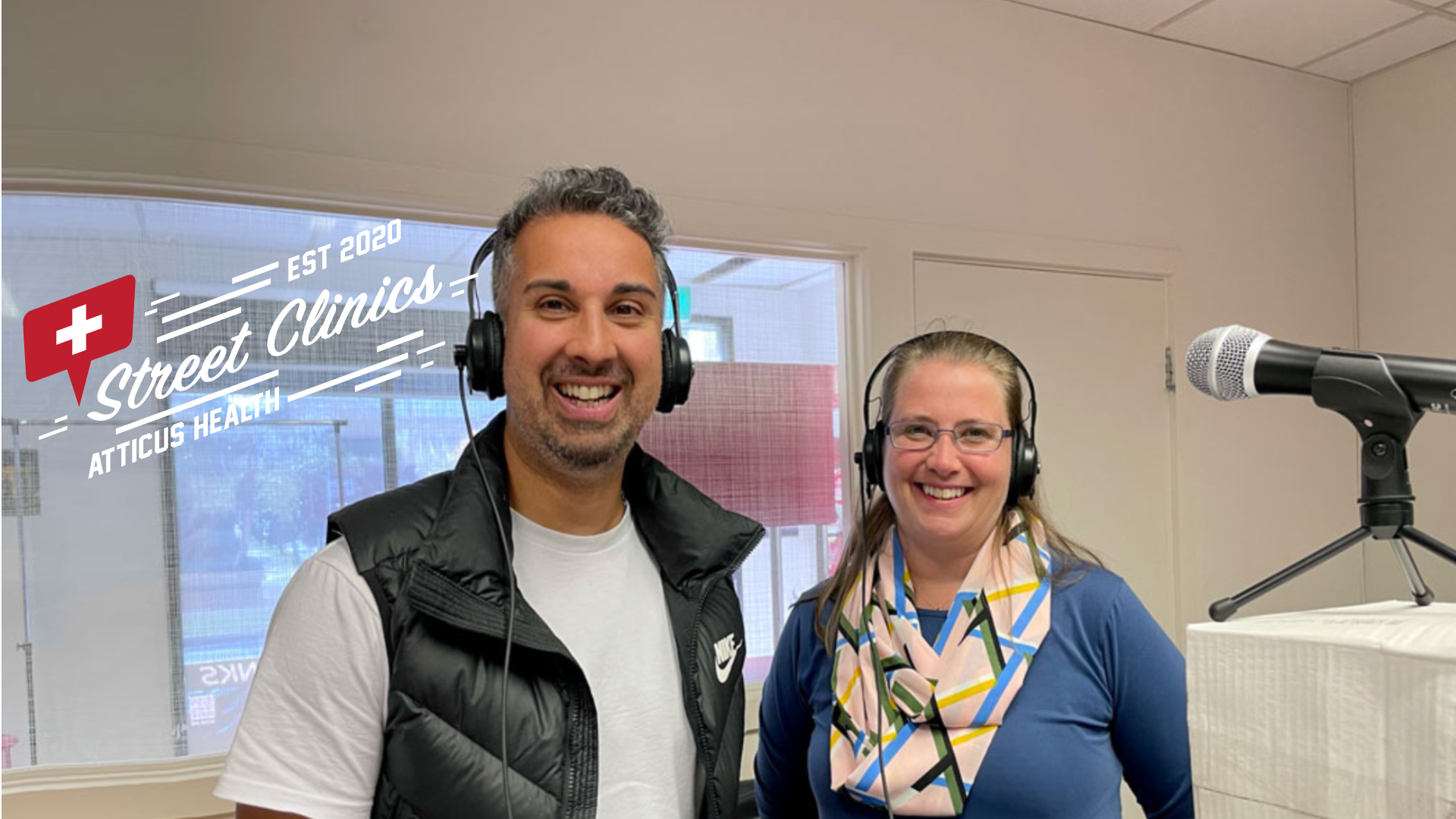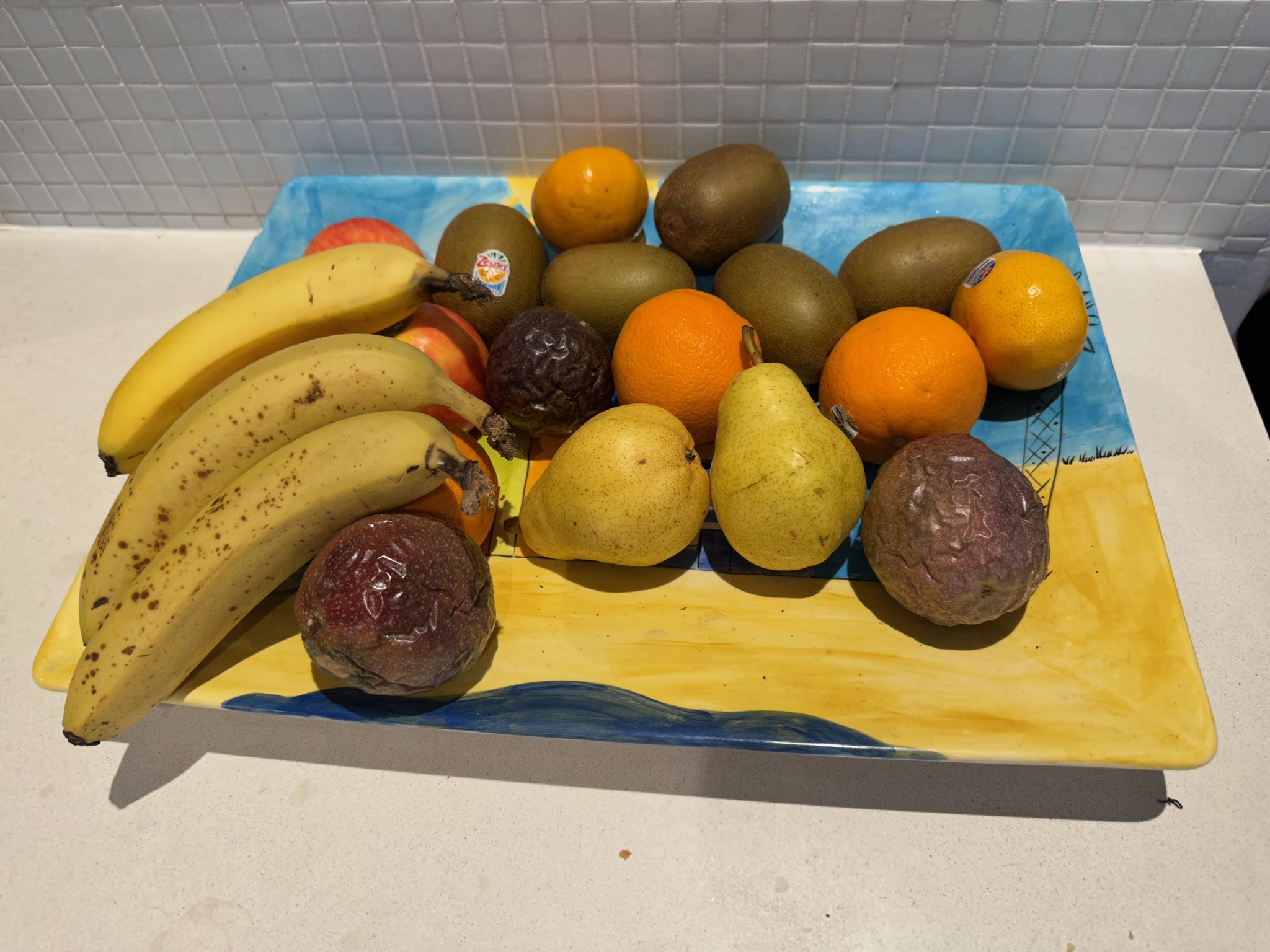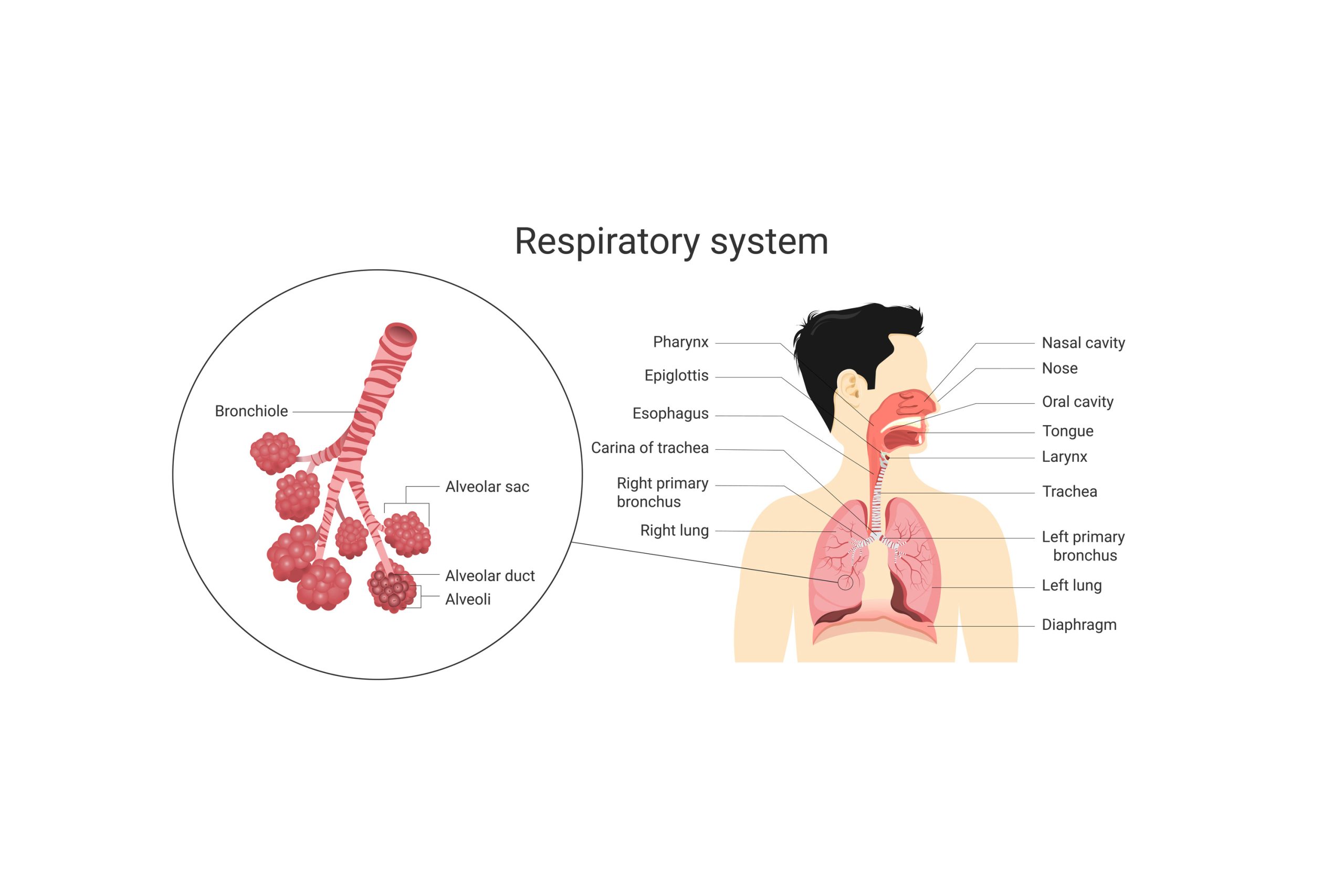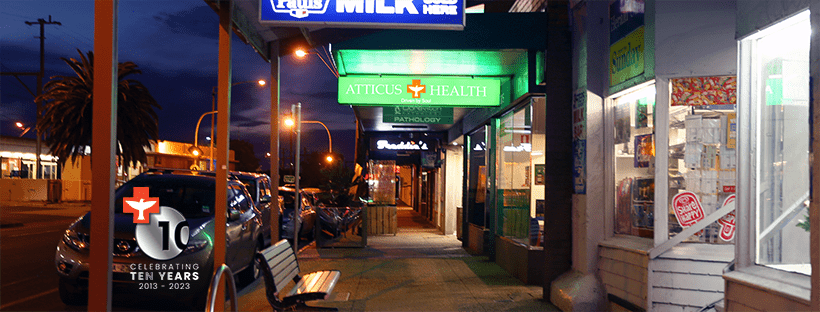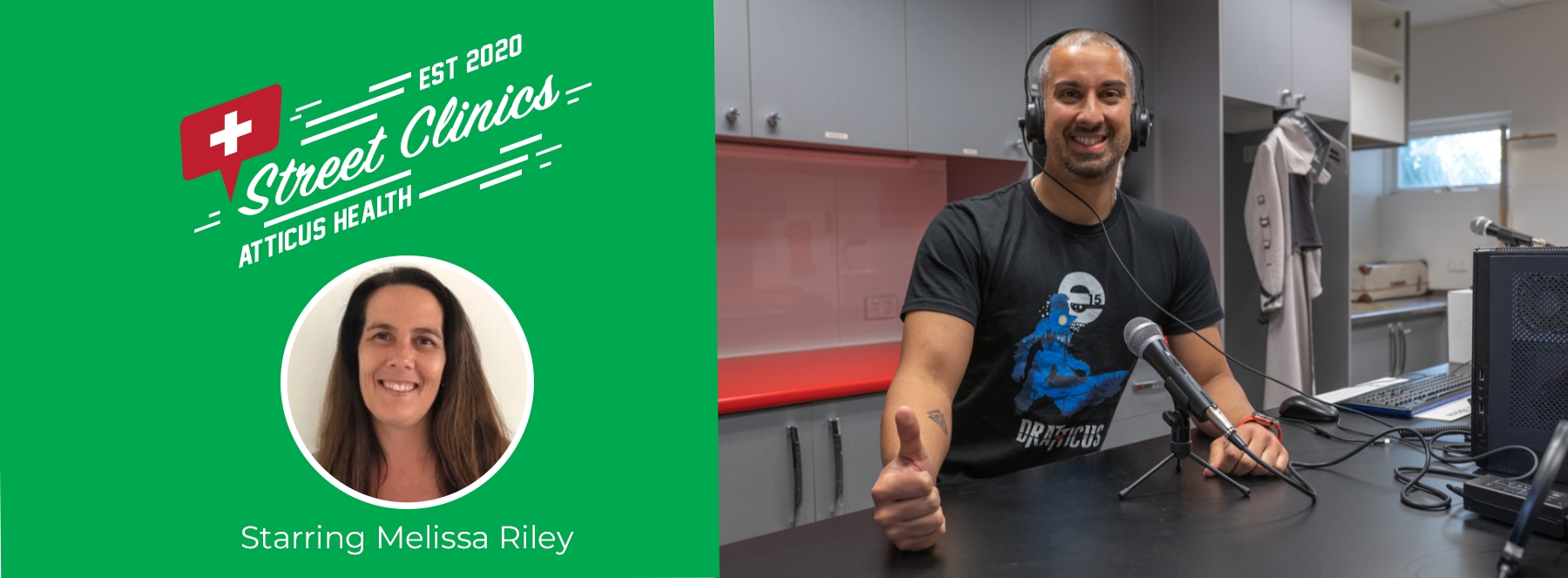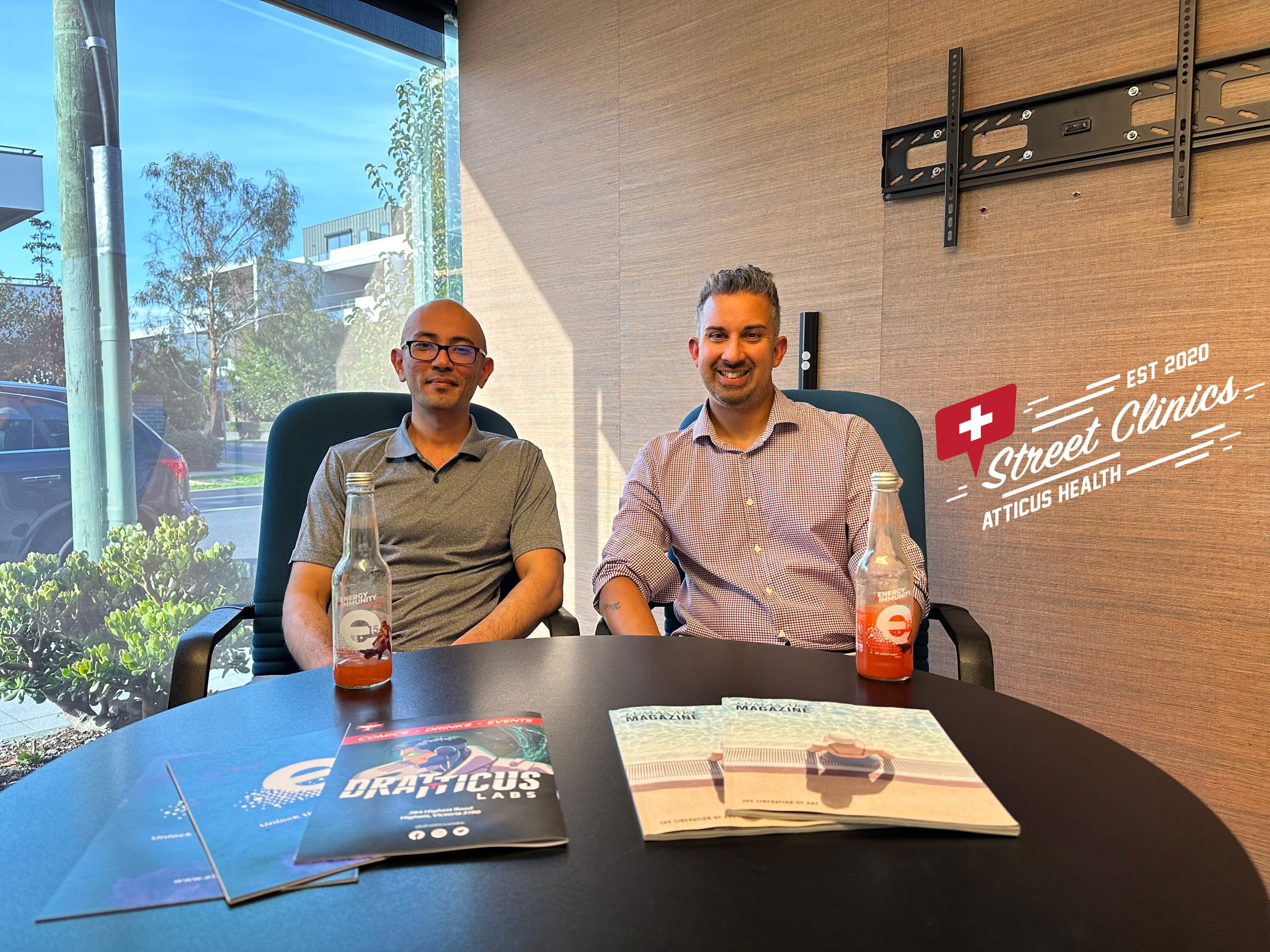Brett Thiedeman
Welcome to the street clinics podcast.
Brett Thiedeman
We talk about everything related to health care. In today’s episode, we’ll be discussing digital literacy and how technology can assist the elderly. And as part of this, we’ll discuss the benefits of the My Health app with one of our regular guest speakers, Hilda from Mark & Sylvie’s Home Care. So Hilda’s, a home care manager with several years of experience in the healthcare industry, working in general practice and hospitals. And she’s here to share insights about the Apps features and how they could benefit the elderly. Welcome, Hilda.
Hilde Aschehoug
Thanks for having me, Brett.
Brett Thiedeman
Can you tell us a little bit about, you know, what digital literacy is and why it’s important, particularly for the elderly?
Hilde Aschehoug
So digital literacy is the ability to use digital technology to access, understand and communicate information. In today’s world, technology is everywhere. And it’s really important for the elderly to be able to use this to stay connected, to stay connected with their families access health information and manage their care.
Brett Thiedeman
That’s great. And can you give us some examples of how this digital literacy can benefit people?
Hilde Aschehoug
Sure. So for example, homecare clients can use telehealth services to connect with their healthcare providers without having to leave their homes. This is especially important for clients who have mobility issues or live in rural areas where healthcare services are not so easily available. It can also help them stay connected with family and friends through social media, video chats, and other online platforms, as well as often using digital technology all the time. And I think as an elderly person, if you’re not aware of how to use it, you really miss out. It’s important for mental health and well being social isolation can be a major issue for our elderly.
Brett Thiedeman
Okay, well, great. Have you seen this digital literacy benefit some of your clients with your, I guess with your own experience, Hilda,
Hilde Aschehoug
I’ve seen it make a big difference in people’s lives. For instance, I had a client who was feeling very isolated and lonely. So we introduced her to social media, and she was able to reconnect with some old friends and make new ones as well. She was so happy and grateful for the opportunity to stay connected with others. Another example is video and case conferencing, which can be used to connect clients with loved ones who may not be able to visit in person. This can be especially important for clients who may feel isolated or lonely. And this was a big thing during COVID as well. You know, it’s been sort of really well researched that the people who managed to stay connected during COVID actually had much better health outcomes than the ones that were not. And another one is, things like a lot of my clients use liked and easy. And we had their carers often help them set up their own email accounts and showing them how to order their, their food because that is like the easiest way to do it. So that’s another thing we’ve been doing as well. That’s great.
Brett Thiedeman
Okay, Hilda, so what about those? And I’m sure you get this a lot like, what about people who are not comfortable with technology? How do you help them to become digitally literate?
Hilde Aschehoug
Yeah, right. That’s a good question. And you’re right, we still see that a lot. And I think especially during COVID, as well, we saw a lot of problems. And the elderly, having problems uploading their COVID certificate, accessing the services Australia app. So it just goes to show that you really do need to have the skills to do a lot of the things, you know, they said, I can’t go to Bunnings because I can’t get my certificate on my phone. You know, so what we do, even though we understand that not everyone is comfortable. We take a patient approach. So we start by assessing their needs and abilities, and then provide training and support as needed. So might be basic computer skills, setting up an email account and using smartphone apps. We provide ongoing support to ensure that our clients feel confident and comfortable in using technology.
Brett Thiedeman
Okay, well, just moving along, if you could tell us a little bit about the Australian government has as a made an app called My Health app. Are you able to just describe in your in your experience how you you’ve seen that working so far?
Hilde Aschehoug
Yeah, sure. So the My Health app is free and it’s a secure digital tool provided by the Australian Government. It allows individuals to access and manage their health information in one place. So this is information about medications, allergies, medical conditions, test results, and immunizations. It’s a secure way to store or manage and share your health records and information with your doctors, specialists to home care managers and also other health care providers that you might need.
Brett Thiedeman
Well, that all sounds great, but so what do you think it’s important for people to use the app?
Hilde Aschehoug
First, it allows individuals to have control over their health information. So they can access their own health records or bid consent, you can access your child’s record or your elderly mom’s record, anytime, anywhere, so you don’t have to rely on your memory, or carry around physical documents. So it can help improve quality of care individuals receive. For example, if you have a medical emergency while you’re traveling, doctors can see that health information through the app that can help them provide informed and better care. The app can help reduce the risk of errors and misunderstanding in healthcare. For example, if someone has allergies or taking certain medication, this information can be easily accessed by healthcare professionals reducing your risk of adverse reaction. And as well as Floyd pointed out as well, if you have been to hospital or your specialists have ordered Bloods, but they haven’t been sent to the GP yet, you can actually show them at the appointment. So it says a lot of running around and trying to chase for solids, which we do a lot of as well.
Brett Thiedeman
Okay, great. So who can benefit most Do you think by by using the My Health app
Hilde Aschehoug
and can benefit anyone who wants to take an active role in managing their own health information, but probably particularly useful for people with chronic conditions or complex health needs? Because they have, you know, more information they need to manage, and they see more types of different doctors as well. And also for people who can sometimes forget as well. So if you’re sort of prone to forgetting things, it’s definitely a good thing to have right there at your fingertips. Okay, well, and again,
Brett Thiedeman
like in your experience, Hilda, are there any specific benefits for people for receiving homecare services?
Hilde Aschehoug
Yeah, definitely. So homecare clients can benefit from using the My Health app, it can help them to communicate more effectively with the healthcare team. It allows the app allows used users to share the information with the healthcare providers, including their homecare provider, which ensures that everyone is on the same page, which is really useful when I go to see someone and they can tell me straightaway, what their medications are, what their medical history is, when they were last in hospital, all that sort of thing that I would normally have to write to their GP to get that answer. Yeah, really good.
Brett Thiedeman
Sounds useful. how can listeners download the the app?
Hilde Aschehoug
Yeah, it’s quite easy. I did it myself yesterday. So listeners can download the app from the App Store or Google Play depending on which type of phone you have. And once you have downloaded the app, you’ll need to create my house record and link it into the app.
Brett Thiedeman
That’s great. Well done. Thanks so much for coming in today. I know you’ve been running around seeing a lot of clients today as well and so appreciate your time. And your I guess your insights on the on the My Health app. It sounds like a great tool for managing health and well being so like for more information on health and wellness Tune in next week. Well, we’ll might talk to Hildur again, I think. Did you know though? No, no. Thanks, everyone. We’ll talk to you soon.
Hilde Aschehoug
Thanks for having me. Bye.


